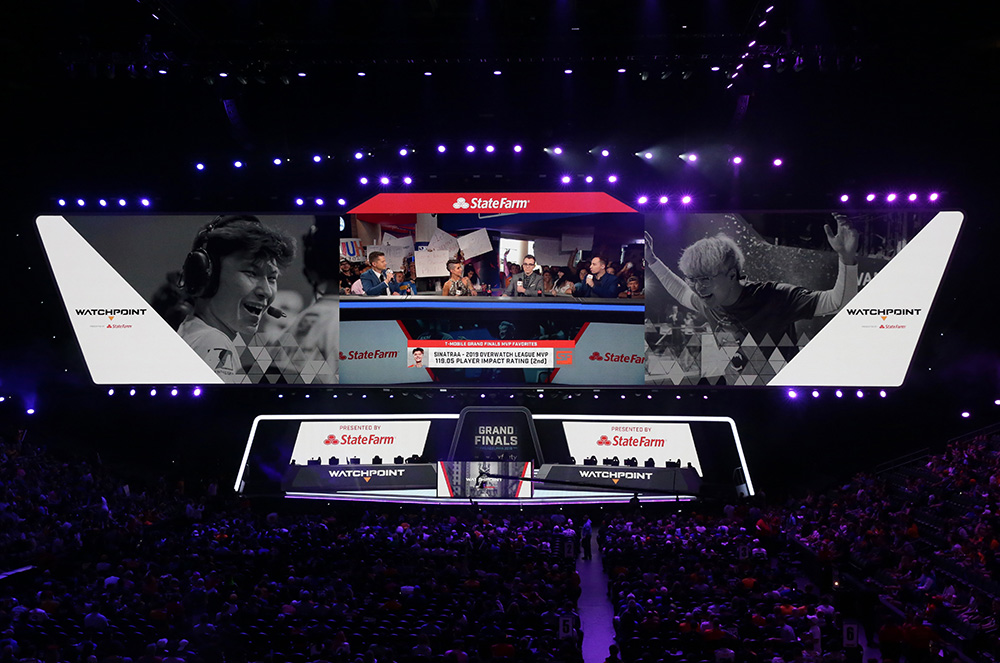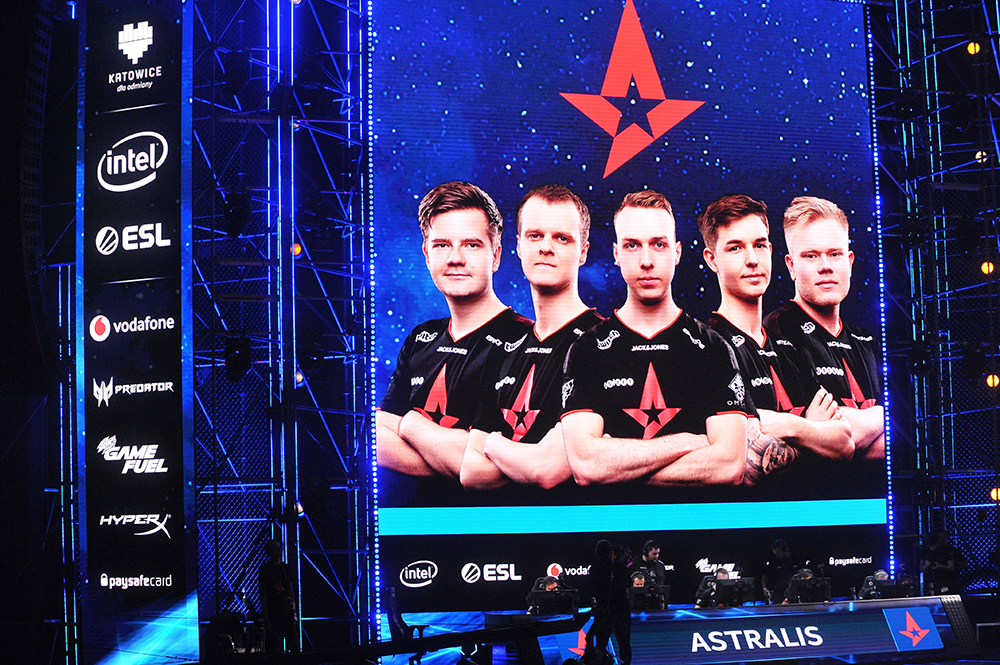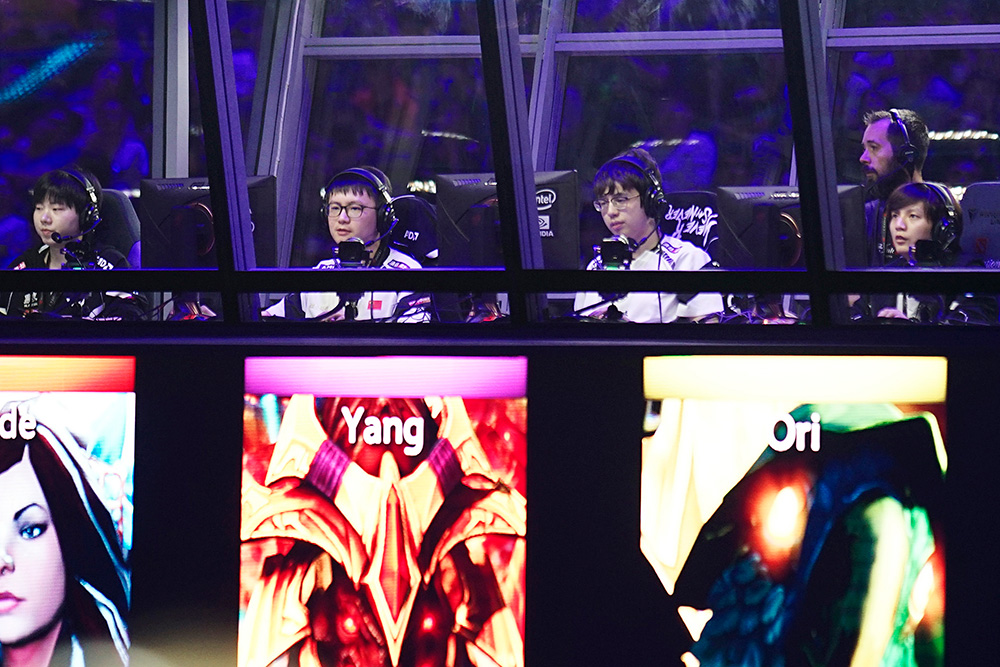The Future of eSports
Stacey Knight, commercial, technology and innovation director at CSM Live, an arm of the UK-based sports and entertainment agency, takes a look at the future of eSports, detailing some of the key issues that will affect the development of the genre as it matures.
The number of non-endemic brands entering esports will continue to increase, although so too will their nervousness
While brands are keen to get involved in eSports given its audience and popularity, the nature and environment they are entering will naturally make brands wary about committing too heavily. Non-endemic brands will continue to experience vocal resistance from the eSports community if they are deemed to be non-authentic/non-credible while those same brands may have reservations about partnering with certain eSports titles, specifically violent titles that do not align with brand values, with the potential fallout damaging the brand. While endemic brands still make up the vast majority of sponsors, some non-endemic brands are clearly targeted at adults i.e. alcohol and gambling brands, which presents obvious problems in a sector with a large underage audience.
A consequence of these issues will be non-endemic brands taking a ‘dip-the-toe’ approach to eSports sponsorship, acquiring lower value, less high-profile assets which will provide them with flexibility until the ROI impact of eSports partnerships becomes more apparent.

The next 18 months will be formative in answering the question of whether eSports effectively lends itself to a geo-located team model
The Overwatch League has adopted a ‘home and away’ game structure for its geographically localised teams for the 2020 season – the success or failure of this will likely determine whether this structure is adopted industry-wide by other titles. If so, the potential for eSports teams to go truly global is significant which in turn will drive sponsorship revenue as well as growing the potential media rights market.

Increased industry-wide inclusivity initiatives are expected to counter the perceived lack of gender and racial inclusivity of the eSports industry
Initiatives such as SKYLLA, a series of grassroots CS:GO tournaments pitting male and female teams against each other and AnyKey, a diversity initiative set up by ESL and Intel, are looking to tackle a problem that is widely acknowledged within the eSports community, namely a lack of inclusivity. With female gamers routinely degraded and abused online alongside notable incidents of racism, the industry is taking steps to improve inclusivity and offer a level playing field for all those wishing to compete in eSports.
Short-to-medium term consolidation is expected for third-party eSports tournament organisers
The tournament ecosystem is highly fragmented in the titles where the publisher takes a ‘hands-off’ approach, allowing organisers to create their own tournaments using the IP under licence. Consolidating the multitude of tournaments under a single, or small number of, banners is expected to help drive increased negotiating power with broadcasters and sponsors. A smaller number of tournament properties will ensure the best viewing experience for fans by bringing together the very best teams and players, which in turn should lead to even bigger audiences.

Major ‘traditional’ sporting events and rightsholders are expected to continue to leverage eSports to grow their existing brands and attract the ‘next generation of sport fan’ for their current offering
Rightsholders see eSports as a way to drive audience growth in their existing product offering (i.e. eSports as a ‘cross-sell’ opportunity) as evidenced by the growth of the NBA 2K League, the Formula One eSports series and in the PSG and FC Schalke branded Dota 2 and League of Legends teams. By creating IP and interest around eSports, those ‘traditional’ sports are attempting to leverage the popularity of eSports in an era when the audience for mainstream sport is as fragmented as it has ever been. While it is expected that eSports will be its own standalone offering/profit-centre in the future as eSports continues to gain mainstream popularity, in the short term the opportunities offered by cross licensing with eSports will provide rightsholders an opportunity to reach a new audience.
Industry murmurs of an ‘eSports fundraising bubble’ will force teams into a laser-like focus on rapid and effective monetisation
While there is a lot of money being put into eSports, there is a concern in the industry about the long term in which return on investment is realised. While investors and brands have shown a willingness to fund teams and pay salaries, this simply will not continue indefinitely without ROI. Complexity Gaming founder Jason Lake highlighted this discrepancy in an interview, highlighting that “…you’re seeing teams right now raising over $300 million valuations on revenues under $25 [million], you’re kind of like, what?”
In order to remain attractive to investors in the short and long term, eSports teams and tournaments will need to show that their claims are based in fact, especially in a world where there are doubts over the veracity of audience numbers and comparisons against mainstream sports that can look dubious. With audience numbers generally coming from publishers or teams, the eSports community now has a challenge to deliver tangible ROI before the bubble truly bursts.
*This is an excerpt from the ‘Sportcal Sponsorship Report: The Business of eSports,’ available to purchase here.